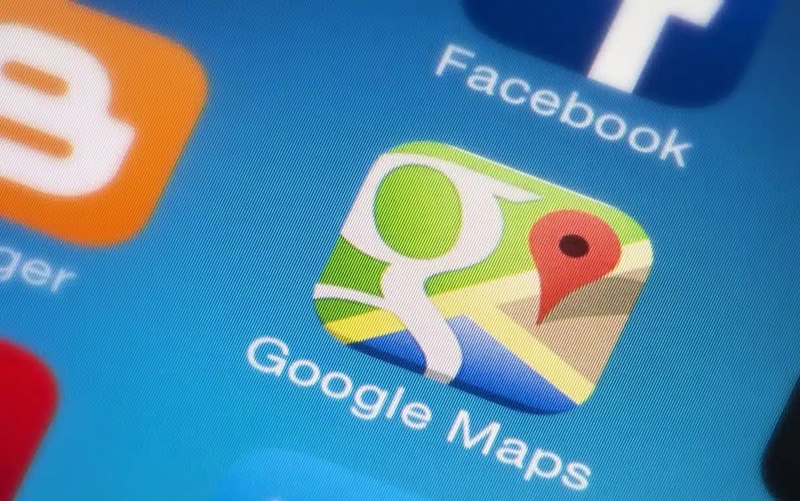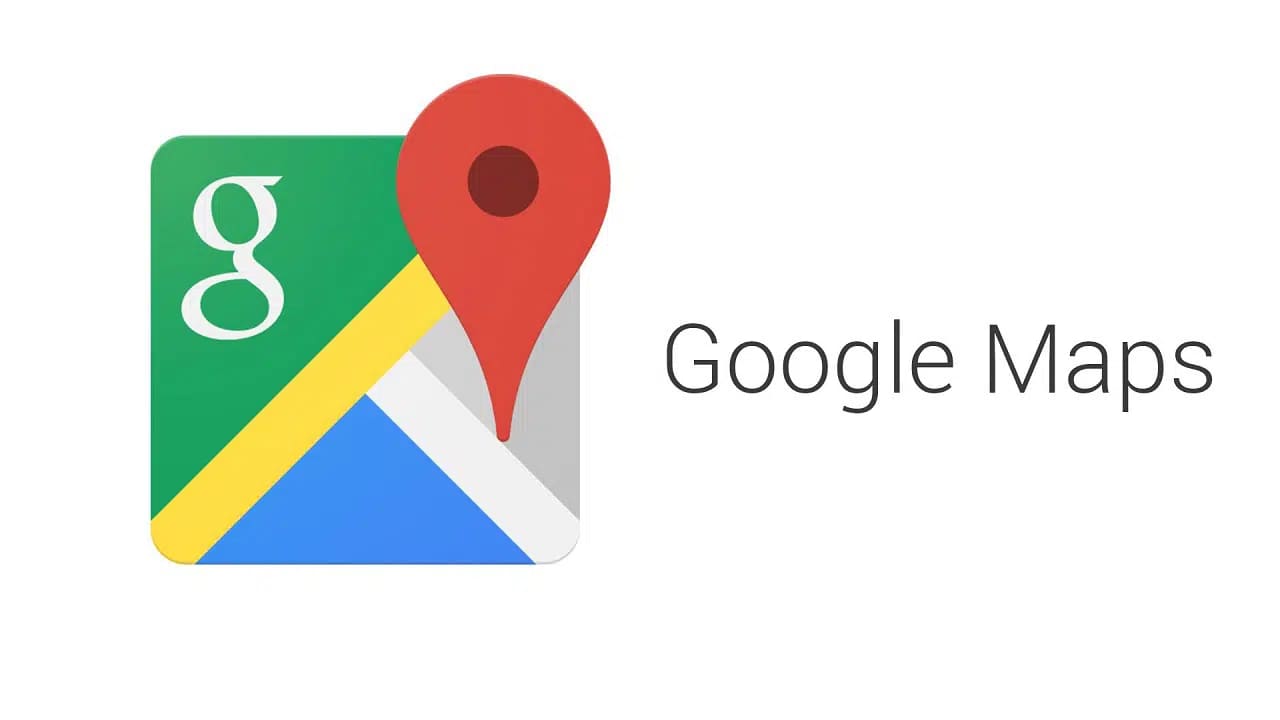The writer of this article, with his family, organized a small trip to Budapest in the days around April 25th.
As we imagine happens to everyone, there was some time left online to book the flights, the accommodation, and start to get an idea of the itineraries and attractions. Having identified an apartment that apparently had all the desired characteristics, he thought it best to check on Maps in which area of the city it was located.
And here we were prey to the same small terror felt in the midst of Meta’s social media downturn a few days ago: Maps had disappeared from Google! What had happened?
Maps has disappeared from Google
Once the panic subsided (and we recovered the application by searching for it on the search engine and clicking on the direct link), we found that Maps had disappeared from Google. Or more precisely from the bar containing the various types of searches (where, for example, Images, Videos, News and Shopping are found).
But even when searching for a specific place, there is no longer – as was the case until a few days ago – the direct suggestion to the relative location on Google Maps. Why?

Google Maps and the effects of the Digital Markets Act
Because, as we told you in an article, the DMA (Digital Markets Act) came into force on Thursday 7 March, in practice a European Union law with the aim of keeping the excessive power of big tech in check under the banner of plurality in the digital market.
In particular, through some quantitative parameters, six gatekeepers were identified: Meta, Amazon, ByteDance (TikTok), Apple, Microsoft and Alphabet, of which Google is a subsidiary. In short, these six giants will have to adopt measures that go in the direction of horizontality, in other words avoiding monopolistic tendencies. Apple, for example, will have to allow developers to offer app downloads from sources other than the App Store, and to use external and alternative payments. In this sense, in the last few hours the controversy has broken out between the Cupertino company and Epic Games, its bitter and historic enemy, which we will return to.
Google, Maps and plurality
Similarly, the entry into force of the Digital Markets Act required Google to treat its Maps service like similar services offered by other companies.
Or better: the DMA forced Google to ask its users whether or not they wish to keep the various platforms and services connected. And, as expressed in the guidelines, “if the services are not connected, some features that involve sharing data between Google services will be limited or unavailable.”
For those who want to go back to before
Ma, besides being nothing dramatic, it is also nothing irreversible.
Even those who have chosen not to connect Google services together always have the opportunity to retrace their steps. Simply go to the control panel of your Google account and scroll to “Linked Google services – Manage linked Google services”. Here, you can indicate with a flag some services that you intend to connect (those not present in the list are already mutually connected).
A footnote reminds us that “connected services may share data with each other and with all other connected Google services to:
- Combine data to help personalize content and ads, based on your privacy settings
- Develop and improve Google services
- Measure and improve ad delivery
- To fulfill other purposes described in the Google Privacy Policy.”
Those who wish to keep the services unconnected, as we were saying, will have to access Google Maps from the direct link.
The DMA and the Apple-Epic clash
Apple is probably the company that will be most affected by the Digital Markets Act in Europe.
Tim Cook’s company must in fact open up to accepting payments external to its app, but also different stores. This was precisely what was announced in February by Epic Games, which was planning to open the Epic Games Store, which would be managed by Epic Games Sweden.
If Apple’s sensational decision to close Epic’s developer account had not come, after the necessary minimum guarantees were lacking, to the point that the video game developer company was defined as “clearly unreliable”.















Leave a Reply
View Comments